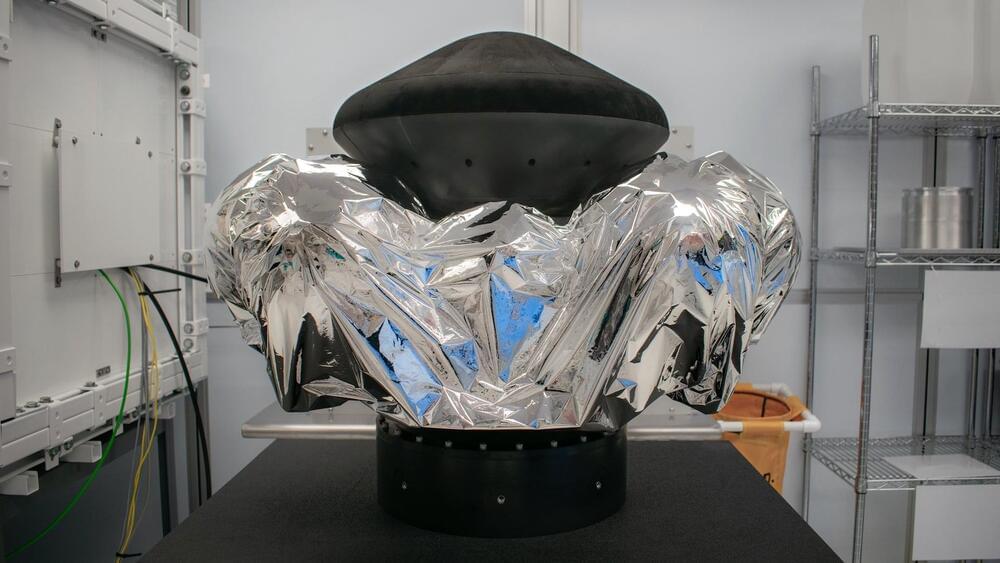
TikTok is testing the ability for users to upload 60-minute videos, the company confirmed to TechCrunch on Thursday. The feature is available to a limited group of users in select markets, and TikTok says it doesn’t have any immediate plans to make the feature available widely.
The feature, which was first spotted by social media consultant Matt Navarra, marks a shift from TikTok’s original format. The app allowed users to upload 15-second videos at launch, but TikTok has been increasing that limit over the past few years. While the company rose to popularity for its short-form video format, it has slowly been embracing long-form content to take on one of its biggest competitors: YouTube.
TikTok says that while creators can weave multipart stories together by telling viewers to go to part two or more of a story, it often hears from creators who want more time for things like cooking demos, beauty tutorials, educational lesson plans, comedic sketches and more.

















